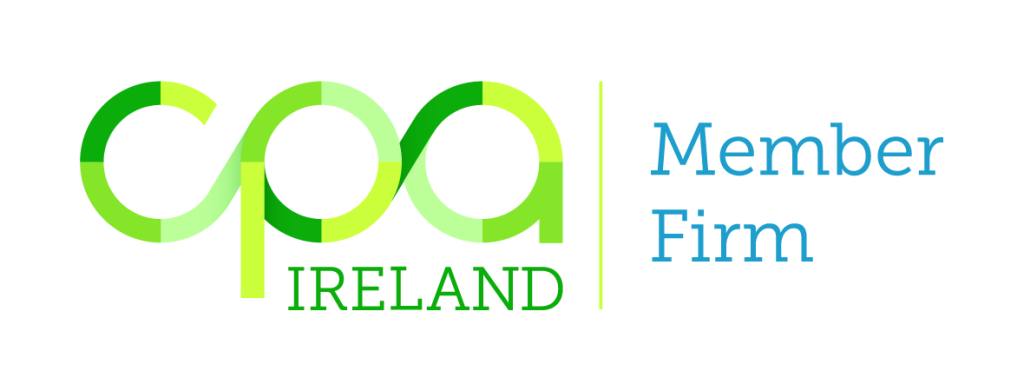Introduction:
Value Added Tax (VAT) is a crucial aspect of financial management for businesses in Ireland. Understanding and correctly managing VAT is not only a legal requirement but also an essential part of running a successful enterprise. In this comprehensive guide, we will demystify VAT for Irish businesses, providing a clear understanding of the tax, its implications, and practical tips for compliance.
Understanding VAT:
Value Added Tax, or VAT, is a consumption tax levied on the value added at each stage of the production and distribution of goods and services. VAT is collected by businesses on behalf of the government, and it’s ultimately paid by the end consumer.
VAT Rates in Ireland:
Ireland has multiple VAT rates:
- Standard Rate (23%): This is the most common VAT rate and applies to most goods and services.
- Reduced Rate (13.5%): This rate is applied to certain goods and services, including hospitality, tourism, and home renovations.
- Zero Rate (0%): This rate is applied to specific goods and services, including food, books, and certain exports.
VAT Registration:
Businesses exceeding specific turnover thresholds must register for VAT. Once registered, businesses are required to charge VAT on their sales and report these transactions to the tax authorities. Additionally, they can claim back VAT on eligible business expenses.
VAT Returns and Payments:
Registered businesses must file periodic VAT returns, typically every two months, with the Revenue Commissioners. These returns outline the VAT collected on sales and the VAT paid on expenses. The difference is either remitted to or refunded by the tax authority.
VAT Compliance Tips:
- Accurate Record-Keeping: Maintain meticulous records of all VAT transactions, including invoices and receipts. Proper documentation is crucial for audits and VAT returns.
- Timely Filing: Ensure that VAT returns are filed and payments made on time to avoid penalties and interest charges.
- Consult a Professional: VAT compliance can be complex, especially for international transactions or specialized industries. Consulting with an accountant experienced in VAT can help businesses navigate intricacies.
- Claiming Input VAT: Identify all eligible business expenses for which you can claim back input VAT. This can significantly reduce your overall VAT liability.
- VAT Compliance for E-commerce: If your business is involved in e-commerce, be aware of the VAT obligations, especially with regard to cross-border sales within the EU.
- Regular Review: Periodically review your VAT processes and procedures to ensure they remain aligned with current regulations.
Conclusion:
Demystifying VAT is essential for Irish businesses to maintain compliance and financial health. VAT can be complex, but with a clear understanding of the basics and a commitment to accurate record-keeping and compliance, businesses can navigate the world of VAT successfully.
For many businesses, working with experienced accountants, such as the team at Coffey&Co, who specialize in VAT can be a valuable investment. We can provide guidance, help with accurate VAT returns, and ensure that your business stays on the right side of the tax authorities. With a proactive approach to VAT management, Irish businesses can thrive in a dynamic and competitive market.





